
Proposed tax increase to fund homeless services not likely to advance in legislature
SB678 received nearly 100 pages of written testimony, with only two testifiers opposing it.

State gets more funding for school lunches
Funding will go toward providing healthy meals at Hawaiʻi schools, child care, after-school and summer programs where more than 100,000 children will benefit.

Rate increase will bring in $8 million per year to feed Hawaiʻi’s keiki
These increased rates are projected to bring an additional $8 million a year to Hawaiʻi to support healthy meals for children.
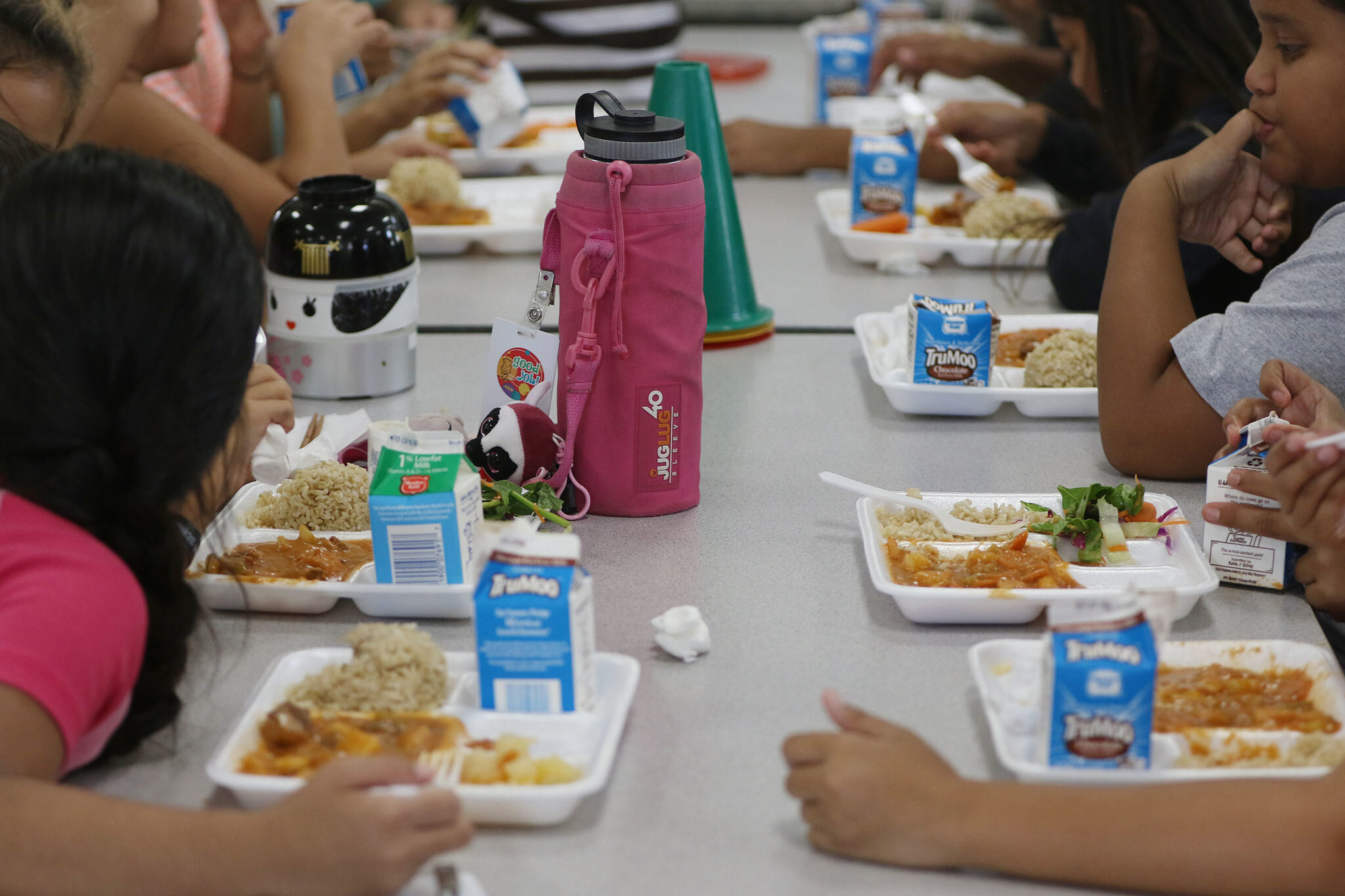
Inside the push to make school meals free in Hawaiʻi
A growing number of states are looking for ways to make free meals a permanent part of public education.

Tracking Hawaiʻi paychecks versus living costs since 1969
To see if people are better off than their grandparents, we compared wages after inflation, debt loads, where people spent their money and more.

Report: State law successfully limited evictions during COVID-19 pandemic
A state-mandated free mediation program was a resounding success in preventing evictions during the COVID-19 pandemic, according to a report.

Report: Mandatory mediation saved hundreds of tenants from eviction
While the Act 57 program ended in August 2022, Hawaiʻi Appleseed will be advocating for a permanent rental relief program that includes mediation to stabilize affordable housing.

Off the News: Keeping renters in their homes
Act 57 diverted as many as 1,201 eviction cases in 2021, benefiting tenants and landlords, according to a Hawaiʻi Appleseed Center for Law & Economic Justice study.

Planning averts spike in COVID-era homelessness in Hawaiʻi
Hawaiʻi Appleseed last week released the results of a study showing “a pre-litigation mediation program” known as Act 57 helped renters and landlords and reduced both court costs and a strain on the Judicial system.

Eviction mediation study: KITV4 talks with Kenna StormoGipson with Hawaiʻi Appleseed Center for Law and Economic Justice
Local nonprofit Hawaiʻi Appleseed Center for Law & Economic Justice just released the results of its study that look at whether Hawaiʻi’s Act 57 mediation program worked.
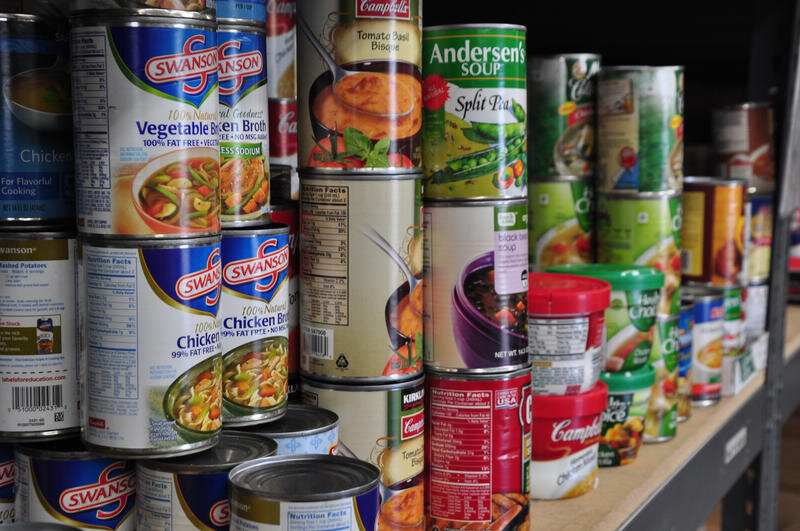
‘People are really struggling:’ Hawaiʻi food banks scramble to meet increased demand
Rising food costs and the end of pandemic-era assistance programs are driving a spike in demand for food assistance.

Nonprofits team up to curb hunger with new national funding
The four Hawaiʻi nonprofits are among 13 new partners in MAZON’s Emerging Advocacy Fund, a nationwide effort to support and expand grassroots anti-hunger work in the states most impacted by food insecurity.
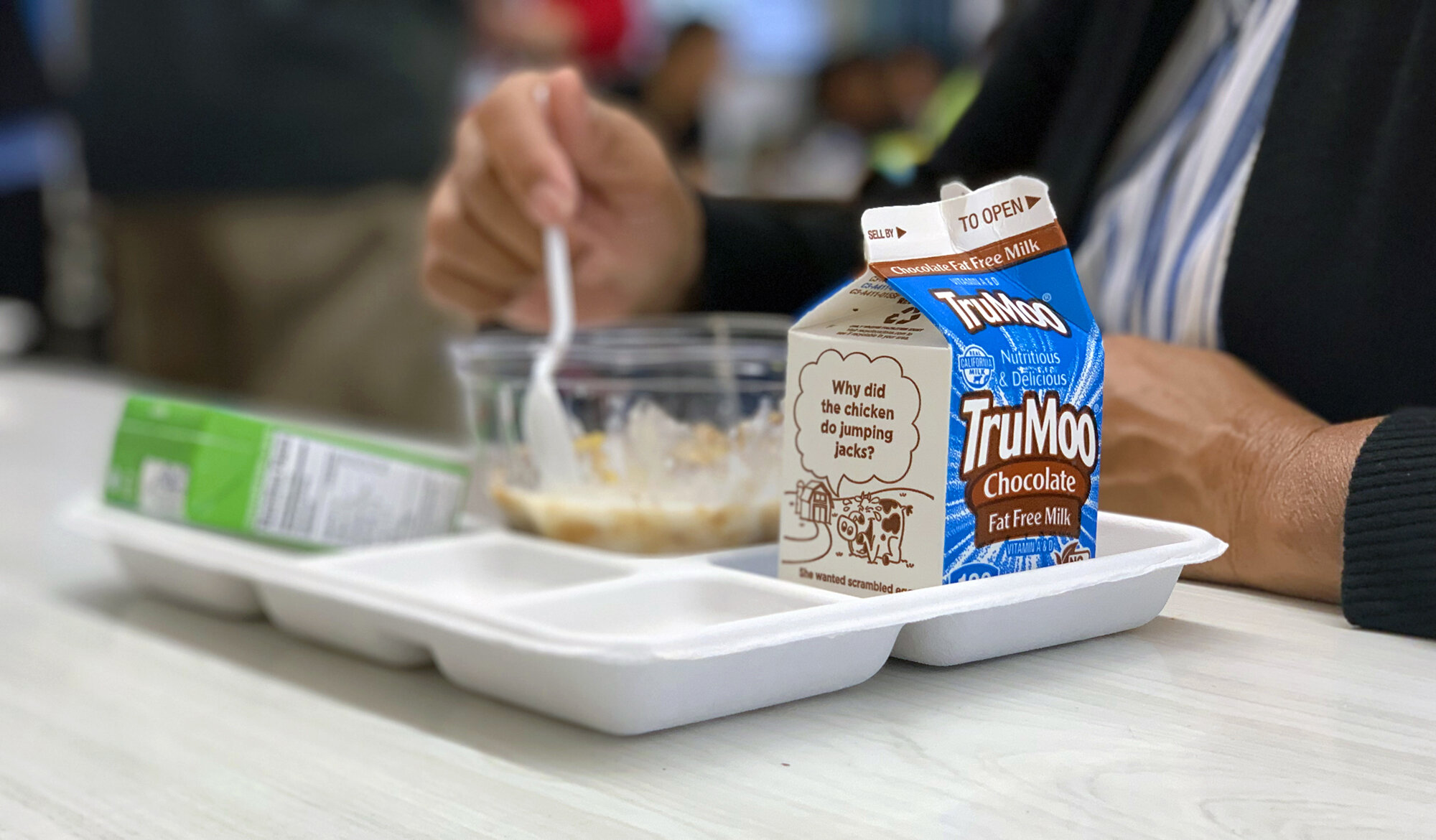
Safeway register donations power school breakfast program
During the month of September, donations will be used by Hawaiʻi Appleseed to improve access to and quality of school breakfast for children across the State of Hawaiʻi.

Tap more child nutrition, school-lunch subsidies for isle keiki
The “Feed Our Keiki” report finds that the federal school meal reimbursement rates for Hawaiʻi currently should be 62% higher than other states, but it has been stuck at only 17% higher since 1979.

Hawaiʻi missed out on $200M in federal funding for school meal programs, report says
The Hawaiʻi Appleseed study found that federal programs meant to reimburse organizations that feed Hawaii’s children have not taken into account more than 40 years of increases in local food costs.

Hawaiʻi’s federal child nutrition funding is outdated and insufficient, report finds
Federal reimbursement rates for child nutrition programs in Hawaiʻi do not currently reflect the high cost of living, a new report found.

A pandemic program that fed schoolchildren last summer is now in jeopardy
The USDA is in the middle of examining its reimbursement rates for school meals in Hawaiʻi, but its findings aren’t expected to be released for a few more years.
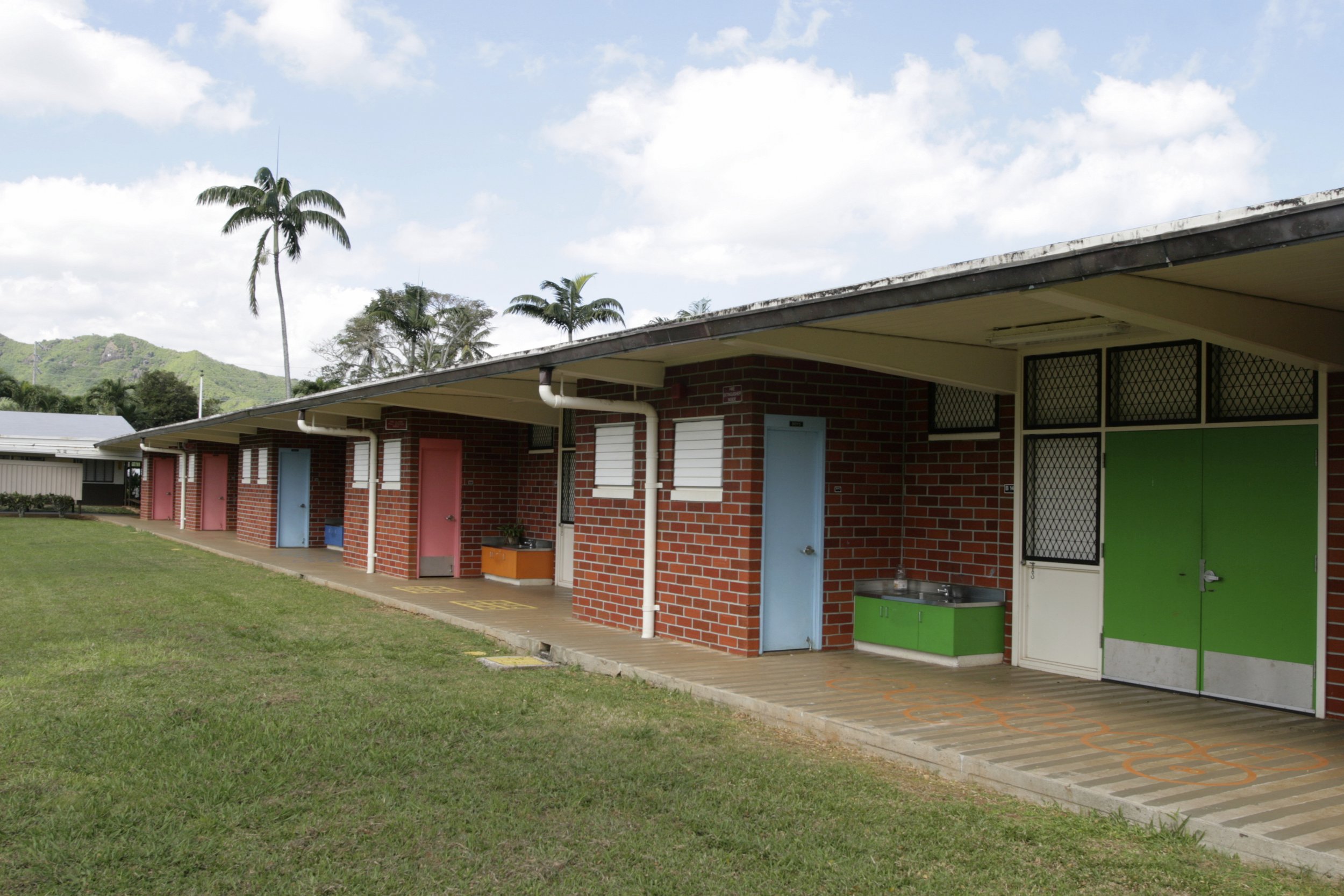
Hawaiʻi’s keiki nutrition programs facing financial crisis
The state is missing out on tens of millions of federal dollars each year to provide meals for needy children.
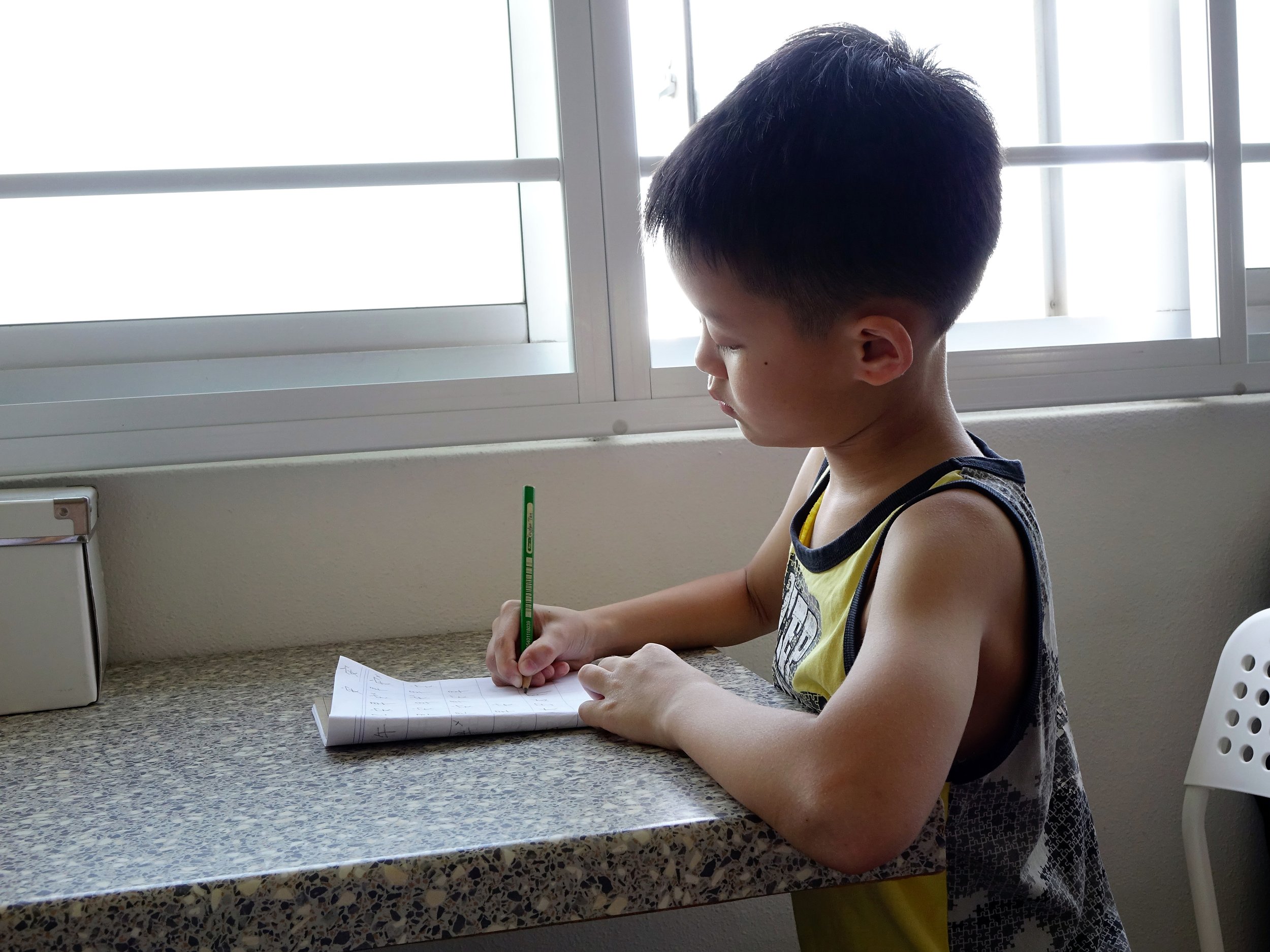
Report: Hawaiʻi missed out on $200 million in federal funding to feed children since 2000
This discrepancy stems from a federal analysis that hasn’t been updated since 1979, according to the report.

Inflation is forcing some Hawaiʻi families to change the way they shop for groceries
Economists agree this rising trend won’t go away anytime soon—that’s concerning for food banks and nonprofit organizations that help low-income and working class families.
